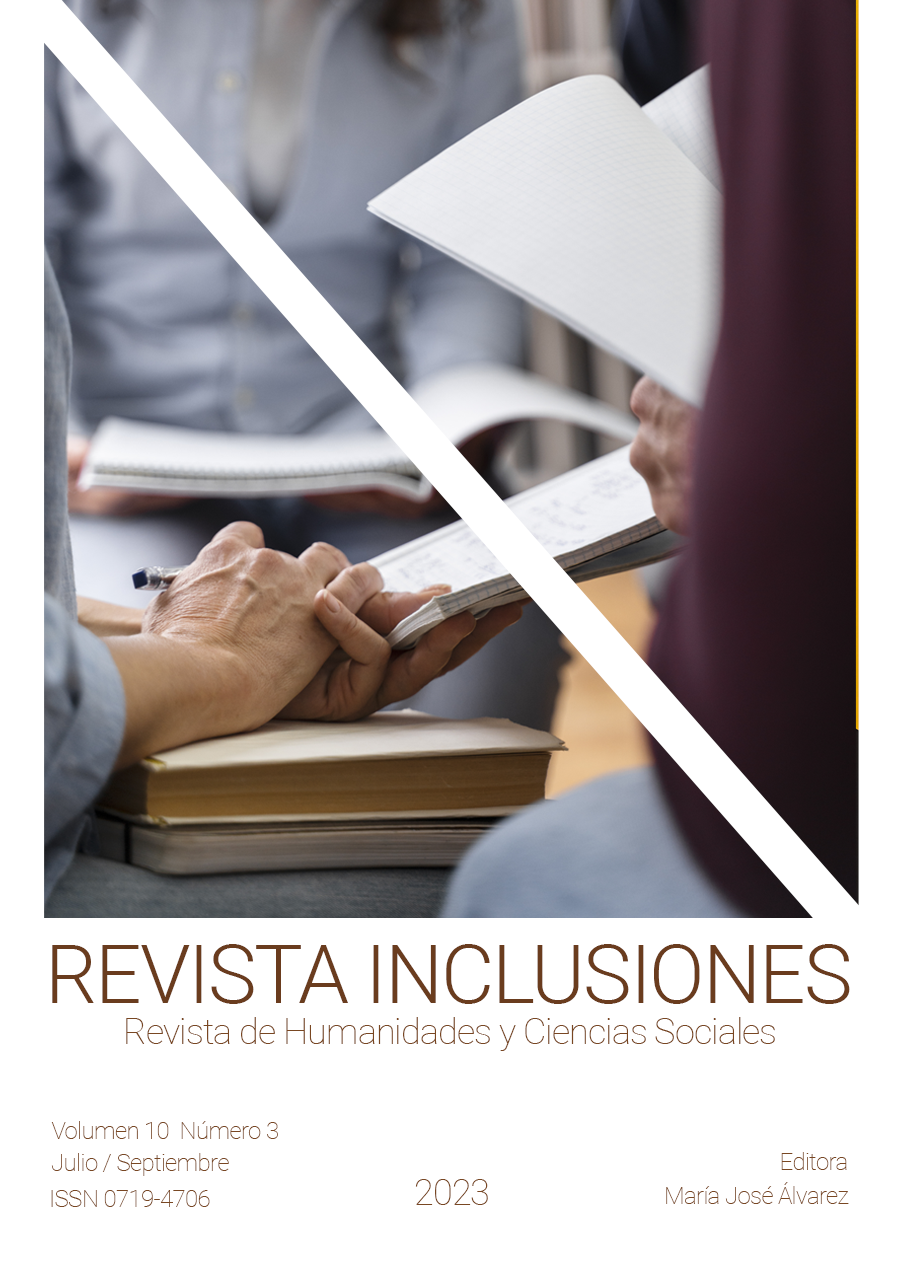NEGATIVE POLITICS IDENTIFICATION
AN ANALYSIS BASED ON THE ELECTORAL BEHAVIOR OF UNIVERSITY STUDENTS IN THE 2018 PRESIDENTIAL ELECTIONS
DOI:
https://doi.org/10.58210/fprc3466Keywords:
Voting Behavior; Young University Students; Negative Political Identification; 2018 Presidential Elections.Abstract
The article considers the results of a survey, carried out between the first and second rounds of the 2018 elections in Brazil, with the aim of understanding the political culture of university students. The analysis presented is limited to the students' voting intentions in the second round of those elections, as well as the motivations that justified their choices among the candidates running for governor and president of the Republic. It is argued that, especially in defining the vote for president of the Republic, the political-electoral context of 2018 contributed to the negative politics identification, expression of a process of non-identification with one of the political agendas in dispute, to gain significant importance in the electoral behavior of the young students surveyed.
References
ALMEIDA, Ronaldo. Bolsonaro Presidente: conservadorismo, evangelismo e a crise brasileira. Novos Estudos CEBRAP, São Paulo, v. 38, p. 185-213, jan./abr. 2019.
AUGUSTO, Nuno Miguel. A juventude e a (s) política (s): Desinstitucionalização e individualização. Revista Crítica de Ciências Sociais, n. 81, p. 155-177, 2008.
BOGHOSSIAN, Cynthia Ozon; Maria Cecília de Souza. Revisão Sistemática Sobre Juventude e Participação nos Últimos 10 anos. Saúde e Sociedade, São Paulo, v.18, n.3, p.411-423, 2009.
BOITO JR., Armando. As bases políticas do neodesenvolvimentismo. São Paulo: FGV, 2012. In: https://bibliotecadigital.fgv.br/dspace/bitstream/handle/10438/16866/Painel%203%20-%20Novo%20Desenv%20BR%20-%20Boito%20-%20Bases%20Pol%20Neodesenv%20-%20PAPER.pdf
AUTOR 1. Cultura política e valores democráticos entre estudantes universitários: uma análise a partir de estudantes universitários no contexto das eleições presidenciais de 2018. Santa Cruz do Sul: UNISC, 2018. (Relatório de Pesquisa).
CASTELLS, Manuel. Redes de Indignação e Esperança: movimentos sociais na era da Internet. Rio de Janeiro: Zahar, 2013.
DAYRELL, Juarez. O jovem como sujeito social. Revista Brasileira de Educação, ANPed, n. 24, p. 40-52, set./out./nov./dez. 2003.
GOHN, Maria da Glória. Jovens na Política na Atualidade: uma nova cultura de participação. Cadernos CRH, Salvador, v. 31, n. 82, p. 117-133, jan./abr. 2018.
NO RS, Bolsonaro faz 56,35% votos e Lula soma 43,65%. G1. In: https://g1.globo.com/rs/rio-grande-do-sul/eleicoes/2022/noticia/2022/10/30/votacao-bolsonaro-lula-segundo-turno-rs.ghtml. Consulta em: 22. fev. 2023.
PAIVA, Denise; KRAUSE, Silvana; LAMEIRÃO, Adriana Paz. O eleitor antipetista: partidarismo e avaliação retrospectiva. Opinião Pública, Campinas, v. 22, n. 3, p. 638-674, dez. 2016.
PEREIRA, Frederico Batista. A estabilidade e a efetividade da preferência partidária no Brasil. Revista Brasileira de Ciência Política, v. 13, p. 213-244, jan./abr. de 2014.
RIBEIRO, Ednaldo; CARREIRÃO, Yan; BORBA, Julian. Sentimentos partidários e antipetismo: condicionantes e covariantes. Opinião Pública, Campinas, v. 22, n. 3, p. 603-637, dez. 2016.
ROUDET, Bernard. Entre responsabilisation et individualisation: Les évolutions de l'engagement associatif. Lien Social et Politiques, n. 51, p. 197-210, 2004.
TSE/RS. Eleições gerais 2018. In: https://www.tre-rs.jus.br/eleicoes/resultados-das-eleicoes/2018. Consulta em: 18 fev. 2023.
ZUCCO, C.; SAMUELS, D. Partisans, anti-partisans and voting behavior in Brazil, 2015 (work in progress). Disponível em: https://www.cesar.zucco | FGV - Professores. Consulta em: 22 jan. 2023.
Downloads
Published
How to Cite
Issue
Section
License
Los autores retienen los derechos de autor y otorgan a Revista Inclusiones el derecho de publicación bajo Creative Commons Attribution 4.0 International (CC BY 4.0). Esto permite el uso, distribución y reproducción en cualquier medio, siempre que se otorgue la debida atribución al autor.









